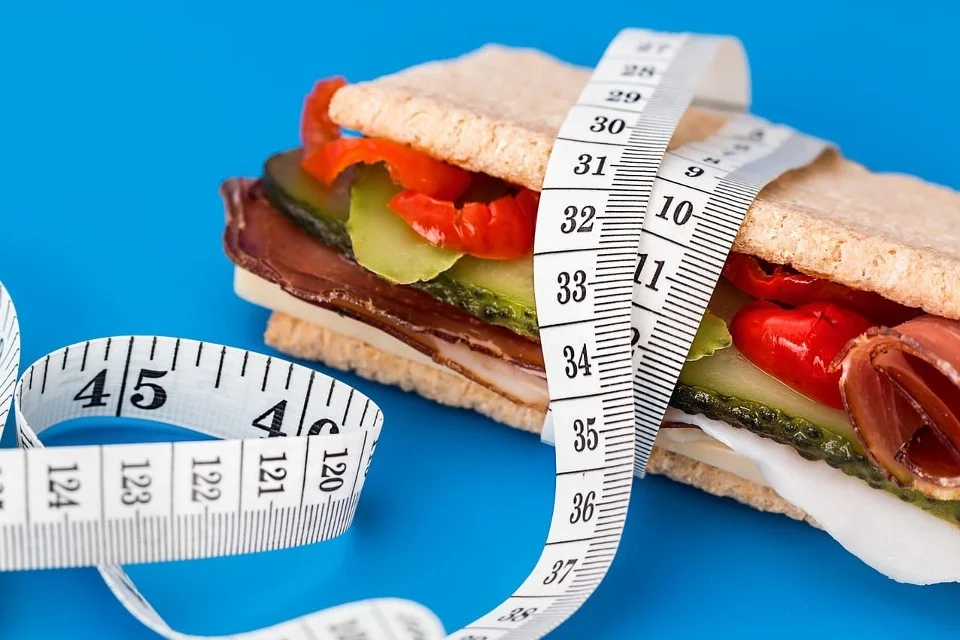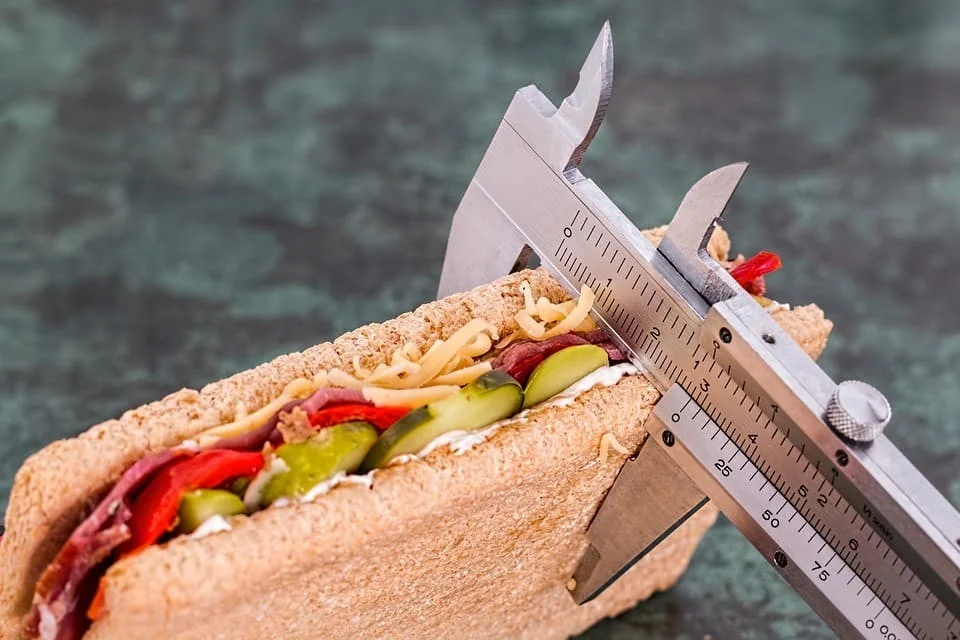How to Use The Perfect Body Weight Calculator
FEATURES
Unlocking Your Health Potential: The Perfect Body Weight Calculator
Introduction
Knowing and keeping a healthy body weight is essential to achieving and maintaining maximum health and wellbeing. The ideal body weight calculator proves to be a useful resource, giving people an understanding of their own weight objectives depending on a number of variables. This article delves into the importance of the ideal body weight calculator, its working principles, and how it promotes a healthy way of living.
The Workings of the Ideal Body Weight Calculator
Fundamental Input Factors:
Age, gender, height, and, in certain situations, activity level are among the fundamental details that the calculator usually needs. These elements form the basis for figuring out a person's ideal weight range.
Body Mass Index (BMI):
The BMI is a commonly used key measure in perfect body weight calculators. A person's weight in kilograms divided by their height in meters squared yields their BMI. Ranges including underweight, normal weight, overweight, and obesity are assigned to the final number.
Health Considerations:
To provide a more detailed and individualised evaluation of the ideal body weight, certain calculators may take into account other health factors, such as pre-existing medical disorders.
Health Considerations:
Health-Centric Approach:
Rather than emphasizing meeting social beauty standards, the ideal body weight calculator places more of an emphasis on health. It motivates people to concentrate on reaching a weight that enhances general wellbeing and lowers the chance of diseases linked to a certain lifestyle.
Gradual Progress:
To achieve the goal weight, the calculator frequently suggests making small, lasting improvements rather than relying on drastic measures. Long-term success is more likely with this strategy.
Taking Lifestyle Into Account:
Considering how important lifestyle is for controlling weight, the calculator can offer advice on things like stress reduction, exercise, and diet to promote general health.
Individual Differences and Positive Body Image
Honoring Diversity:
The ideal body weight calculator recognizes the range of shapes and sizes that exist in the human form. It encourages people to value their individual qualities instead than trying to fit in with preconceived notions of what a beautiful body looks like.
Prioritize Your Well-Being:
The calculator suggests that people prioritize their well-being by taking into account variables like muscle mass, body composition, and general fitness, as opposed to focusing only on the number on the scale.
Conclusion:
When pursuing a healthier and more balanced lifestyle, the ideal body weight calculator is an invaluable tool. Through tailored insights derived from personal traits and health considerations, this tool enables people to establish reasonable objectives that put their own well-being ahead of social norms. Recall that there are many different ways to become a healthier version of yourself, and that the ideal body weight is one that promotes your general well-being.
TOOLS
The Perfect Body Weight Calculator
FAQ
Revised Formulas for Optimal Weight
BMI + (BMI divided by 5) x (Height in inches minus 60) equals weight in pounds.
Height in meters minus 1.5 x (2.2 x BMI + (3.5 x BMI) x Weight in kilos
The desired BMI is multiplied by five to get body weight in pounds. For every inch over five feet in height, add BMI/5 lb. For example, for a person with a BMI of 20, start at 100 pounds for a 5-foot-tall person and add 4 pounds for every inch of height over that. Start with 125 pounds for a BMI of 25, then add 5 pounds for every inch of height.
In conventional weight calculators, the following formulas were utilized to determine the appropriate weight based on height:
Men's ideal body weight is 50 kg plus 1.9 kg for each inch over five feet.
For women, the ideal body weight is 49 kg plus 1.7 kg for each inch over 5 feet.
A boy aged 19 to 29 should weigh 83.4 kg, whereas a girl should weigh no more than 73.4 kg. A boy between the ages of 30 and 39 should weigh up to 90.3 kg, while a girl can weigh up to 76.7 kg. A female should weigh 76.2 kg, and a boy between the ages of 40 and 49 should weigh 90.9 kg.
Using individual A as an example, who is 6'2′′, 25 years old, 70 kg, 10-15% body fat, and has a BMI of 20, is in fact not overweight and should instead gain a little weight. Individual B, who stands 5 feet 2 inches tall and weighs 70 kg with 20–25% body fat and a BMI of 28.5, is unquestionably overweight.
People in the normal weight range were deemed healthier and more beautiful in our study than those who were underweight or overweight. This is a direct message to all the girls out there who think being underweight equates with attractiveness.
The use of ideal body weight (IBW) in clinical practice is limited to calculations based on an estimated 'normal weight' patient for a certain height. IBW is used to calculate doses for specific drugs and to establish the starting tidal volume parameters for breathing that are protective to the lungs.
John is curious about what his optimum weight is to keep up a healthy lifestyle. John's optimum weight can be determined using the following formula: (Height (in cm) - 100) x 0.9 is the ideal weight (in kg). John's height can now be entered into the formula: (63.45 kg) x 0.9 (172.72 cm - 100) is the ideal weight (in kilograms).
Reviews
Ratings Summary:
Average Rating: 4.8
Rating Count: 12456
Existing Reviews
John Doe
Rating: 4
Great product, highly recommended!
Jane Smith
Rating: 5
Amazing service, will definitely come back.
Unique Weight Range Estimator
Thank you for using our services
If you could share our website with your friends, that would be a great help









